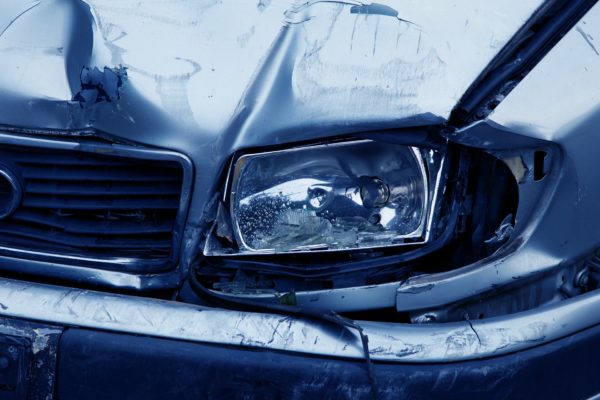FAQs
What is dangerous driving?
Dangerous driving is committed when a person operates a motor vehicle, sea-going vessel, aircraft or railroad equipment in a manner that is dangerous to the public, having regard to al the circumstances, including the nature, condition, amount of traffic and use of the place in which operation occurred.

To establish proof of the offence beyond a reasonable doubt, the Crown Prosecutor must prove that the accused committed the act and that they intended to do so, or acted negligently in doing so. The standard for negligence in dangerous driving is objective negligence which means the Crown must prove that the actions of the accused demonstrated a marked departure from that of a reasonable person in the same circumstances.
A judge will take into consideration observations of witnesses as to the nature of the driving such as:
- Crossing road lines
- Driving over curbs
- Speed
- Failure to obey roads signs including traffic lights
- Tailgating
- Collisions with other vehicles, people or objects
- Compliance with police direction when ordered to stop the vehicle
The judge must also be satisfied that the accused had the mental intent for the dangerous conduct. This means that the judge must be satisfied beyond a reasonable doubt, on the basis of all the evidence, including evidence about the accused’s actual state of mind, if any, that the conduct amounted to a marked departure from the standard of care that a reasonable person would observe in the circumstances. If an accused testifies as to an explanation for the dangerous driving, the judge must be satisfied that a reasonable person in similar circumstances ought to have been aware of the risk and the danger involved in the driving pattern.
About Cory Wilson

Cory has represented individuals from all walks of life including lawyers, police officers, athletes, corporate executives, teachers, and everything in between. Cory believes in access to justice for every person charged with a criminal offence regardless of their economic background.